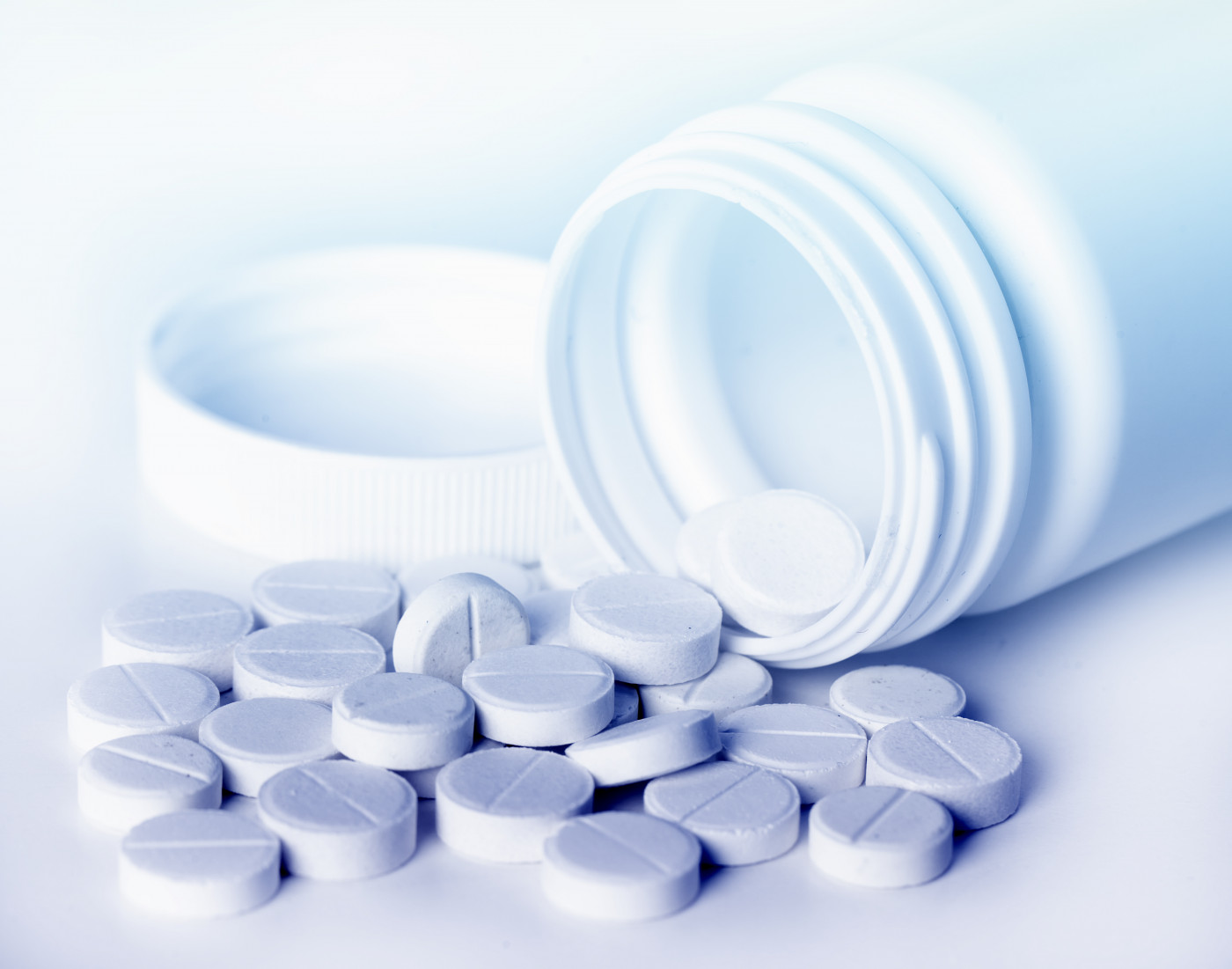Andrographolide Shows Promising Results for Non-active PMS Patients in Trial

Andrographolide, an herbal compound with anti-inflammatory and neuroprotective properties, is able to slow brain atrophy and progression of disability in people with non-active progressive multiple sclerosis (PMS), according to results from a Phase 1/2 clinical trial.
The study, “Efficacy of andrographolide in not active progressive multiple sclerosis: a prospective exploratory double-blind, parallel-group, randomized, placebo-controlled trial,” was published in the journal BMC Neurology.
Progressive multiple sclerosis is defined by increasing damage to the nervous system over time. It can be divided into two main types: primary, in which the disease gradually worsens from onset, and secondary, in which progressive disease occurs following a period of relapse and remission.
Patients can also be categorized as having active or non-active disease, depending on whether or not active inflammation sites are present in the central nervous system.
Medications that target functions of the immune system, including Mayzent (siponimod) and Ocrevus (ocrelizumab), recently have been approved for the treatment of different forms of PMS. But it is not known whether certain herbal compounds can also be used as complementary treatments for these patients.
Andrographolide is a molecule isolated from the plant species Andrographis paniculata, commonly known as green chiretta, an East Indian herb often used in Chinese medicine. The compound has emerged as a potential treatment candidate for MS patients, showing an ability to effectively modulate immune system activity.
In animal models of multiple sclerosis (MS), andrographolide showed a number of clinical benefits, including a reduction in inflammation, mitigation of neurotoxicity from microglial cells, decrease in cognitive impairment, and increase in numbers of neurons.
Researchers at the Pontificia Universidad Católica de Chile and Universidad Austral de Chile thus launched a Phase 1/2 pilot trial (NCT02273635) to investigate the safety, tolerability, and efficacy of andrographolide in patients with non-active PMS.
Sponsored by InnoBioscience, the study enrolled 44 adults with a near equal mix of primary and secondary progressive MS, who had no evidence of relapses or new lesion formation in the year before entering the trial.
They were randomly assigned to receive 140 mg andrographolide or a placebo, taken twice daily by mouth for two years. Every 12 weeks, patients were assessed for safety and efficacy.
The primary goal was to determine whether andrographolide slowed brain atrophy, which was evaluated by an MRI scans at the end of the two-year period, using the SIENA method.
Secondary measures included the proportion of patients with confirmed disability progression at three months, and average changes in disability scores — assessed through the Expanded Disability Status Scale (EDSS).
Using SIENA, people on andrographolide lost about 0.68% of their brain volume per year, while those on placebo lost 1.07%. The findings suggested a benefit from andrographolide, but the difference did not reach statistical significance.
However, a post-hoc analysis of brain volume using another technique called brain parenchymal fraction analysis did reveal a significant difference between the two groups, with people on andrographolide showing 75% less brain atrophy than those on placebo.
The proportion of patients experiencing three-month disability progression was lower on andrographolide (30%) than on placebo (41%). It was also much lower than the 80% seen in the year prior to enrollment among patients who went on to receive andrographolide.
Over the course of the trial, EDSS scores decreased by a mean of 0.02 for the andrographolide group, while the placebo group showed a mean increase of 0.35, indicating that andrographolide slowed disability progression in these patients.
Other measures evaluating disability progression, such as change in nerve fiber thickness, the MS Functional Composite test, which measures leg, arm, and cognitive function, and numerous tests measuring specific neurological functions, were not significantly different between the two groups.
Overall, andrographolide had a positive safety profile, and fewer patients on active treatment (13%) reported a severe adverse event, compared with 43% of those on placebo. Adverse events deemed related to treatment were considered mild, mainly rashes and a distorted sense of taste.
“[Andrographolide] was well tolerated and showed a potential effect in reducing brain atrophy and disability progression, that need to be further evaluated in a larger clinical trial,” the researchers concluded.






